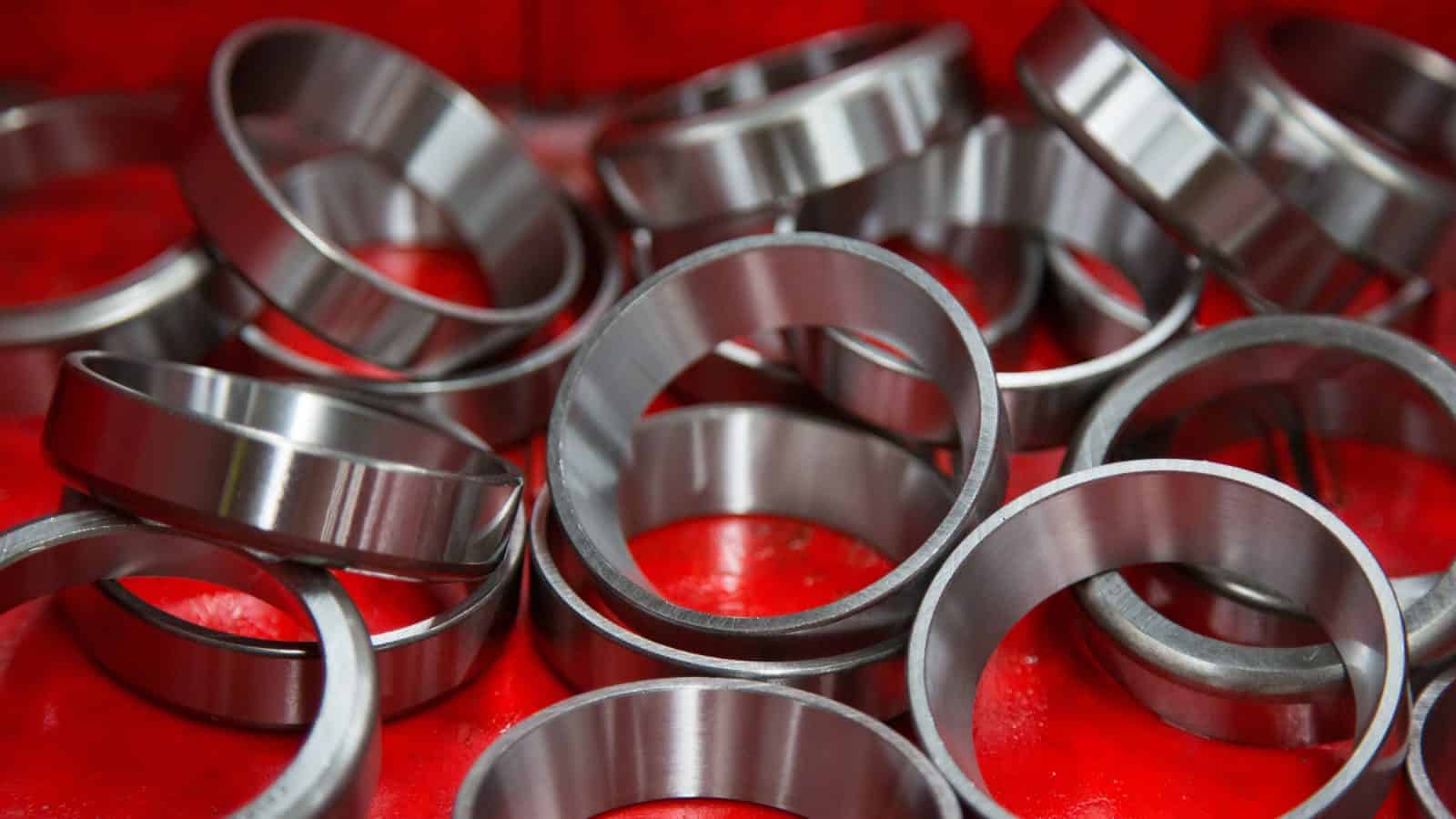The NAM at Brookings: How Is Manufacturing Doing Under Trump?

There’s a lot for manufacturers in the U.S. to celebrate right now, starting with the historic passage of the One Big Beautiful Bill Act with pro-growth tax provisions—but they are still seeking more policy fixes to help them grow and compete, the NAM said last week at the 14th annual John Hazen White Manufacturing Forum at The Brookings Institution.
Starting with tax policy: “When we think about the president’s manufacturing strategy, his manufacturing policies, you really have to start with tax policy,” NAM Managing Vice President of Policy Charles Crain said about manufacturing under the Trump administration.
- “We know from the 2017 Tax Cuts and Jobs Act the impact that pro-growth tax policy [had] on manufacturing in 2018 and 2019. Coming out of the TCJA, we saw record capital investments in the manufacturing industry. We saw record job increases. We saw record wage increases.”
- The One Big Beautiful Bill Act, signed into law on the Fourth of July, “prevents … tax increases, and it really should support manufacturers’ efforts to drive manufacturing growth,” Crain continued, adding that the OBBBA included incentives for capital equipment purchases, research and development, factory building and more.
- The legislation is “a big win” for manufacturing and “a real credit to the president,” he said.
Reaching a shared goal: Even if the U.S. were “operating at full capacity,” manufacturing in the country would still require imports from other nations—making a commonsense trade policy a necessity, Crain said.
- In practice, manufacturing in the U.S. is only making about 67% of inputs required for finished goods, Crain said.
- “So we really need to solve for that 30-ish percent of outstanding inputs that we need to make things here. … Manufacturers need inputs to make things, and we need export markets to sell things. And so we think that a commonsense trade policy can allow for the president to achieve [the administration’s] trade policy goals without preventing manufacturers from investing here in America, which is a goal we all share.”
Giving manufacturers certainty: In the latest quarterly NAM Manufacturers’ Outlook Survey, just 55% of manufacturers—the lowest reading since the global pandemic in 2020—reported feeling positive about their companies’ outlook, Crain said. The top reason for the optimism drop? Trade uncertainty, something that a comprehensive U.S. trade policy can help remedy.
- Not knowing what to expect next when it comes to trade “makes it more difficult to make long-term investment decisions that we know drive manufacturing growth,” according to Crain.
- While tax uncertainty has now “been taken off the table” thanks to the passage of the OBBBA, “we’re still facing additional barriers to those long-term decisions that we need to create jobs here in America.”
- It’s also critical to manufacturing in the U.S. that the current corporate tax rate be maintained, Crain said. “[I]f we have a 35% corporate rate as opposed to the current 21[%], it’s going to be really difficult to onshore domestic manufacturing.”
Fewer regulations needed: Manufacturing in the U.S. also needs more balanced regulations—and fortunately, that’s something the administration began doing on day one.
- “[M]anufacturers, in our experience, have been very encouraged to see the administration taking a second look at some of the rules that were finalized in recent years … finding ways to maintain reliable rules of the road, but [also] to make those rules less costly.”
Open jobs in manufacturing: Manufacturers also remain committed to filling the 400,000 open manufacturing jobs in the U.S., Crain said, addressing an audience question.
- Manufacturers “are really focused on providing competitive benefits, having flexible work schedules, having onsite child care” as well as “partnering with local community colleges to implement training programs [and] partnering with the military to bring folks coming out of active duty into manufacturing shop floors.”
The takeaways: The OBBBA “delivers for manufacturers in America by making pro-growth tax provisions permanent,” Crain wrote on X following the event.
- But “[t]o ensure we can continue to grow manufacturing in America, policymakers must pursue a comprehensive manufacturing strategy that will provide manufacturers the tools, and the certainty, needed to make long-term investments,” he wrote in a second post.
